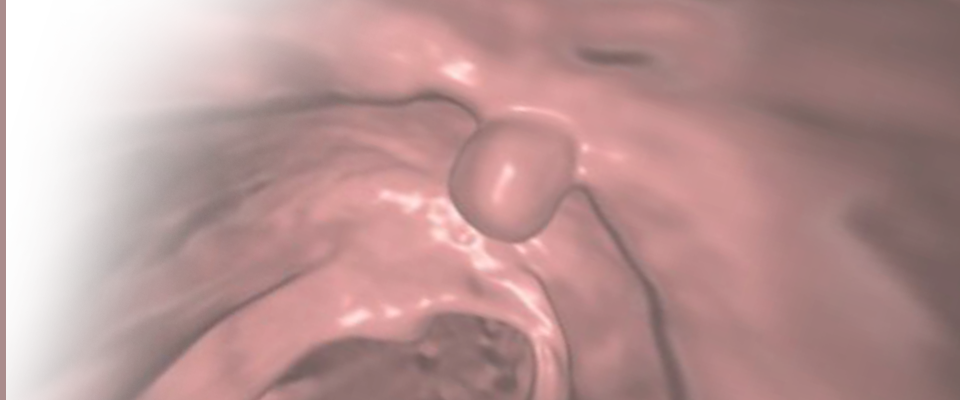Become a Certified CTC Interpreter and Earn CME
MD Training @home's CT Colonography Certification course provides you with all of the necessary online tools and course materials to become a certified CTC interpreter. Our Unlimited Access Policy allows you to train at home or at the office, on your own time and at your own pace. While some participants have completed the course in a weekend, others choose to take advantage of unlimited access and spread their training out over several months.
We offer you two methods to complete your interpretations:
1. Review our mentored case library on your Mac or Windows computer's browser via a fully functional cloud based 3D workstation.
2. Or... if you prefer to review the cases on your own 3D visualization workstation, we can provide you with an external hard drive containing the DICOM data of your selected cases.
Regardless of which option you choose, you can still interface with our online reporting and self-assessment.
Once review of the selected cases is complete you will enter your interpretations into our online reporting tool and then review key images and findings for the interpreted cases. A faculty member will then review your findings and provide feedback with advice on how to improve your interpretations, if needed. Upon course completion, we will present you with official documentation of your course completion and certification for the 50 mentored cases.
Disclosures: All Faculty, CME Planning Committee Members, and the CME Office Reviewers have disclosed that they do not have any relevant financial relationships with commercial interests that would constitute a conflict of interest concerning this CME activity.

Additional Course Information
2) Know CT parameters to use as little radiation as possible
3) Proper patient preparation
4) Ability to direct technologist in properly insufflating the colon
5) Operate the workstation to interpret VC
6) Achieve 90% sensitivity and specificity for lesions >1 cm
7) Achieve 80% sensitivity and specificity for lesions between 6 and 9 mm
8) Report extracolonic findings with 90% accuracy
22 states in the U.S. have now passed legislation allowing for the reimbursement of CTC. There are also currently two bills in Congress proposed to amend Medicare to cover CTC as a screening procedure. These proposed changes will leave a significant shortage of physicians qualified to interpret CTC studies based on the increasing volume of studies being performed.
Only about 1/2 of Americans at risk (age >50) are being screened for colorectal carcinoma. Even though Medicare covers colorectal cancer screening tests, just one in four eligible beneficiaries are currently being screened. Were everyone who should be screened to show up for optical colonoscopy, there would not be enough gastroenterologists to accommodate them. CTC is needed as an additional test to filter out the 90% of screening candidates who do not need optical colonoscopy. Furthermore, CTC is more acceptable to many patients than optical colonoscopy so that more patients will get screened once CTC is widely available. We need to train CTC readers to fill the coming demand.
VA Medical Center - Fresno, CA
Chief of Radiology
Director of CT Colonography Program
The University of Arizona College of Medicine – Tucson designates this enduring materials activity for a maximum of 23 AMA PRA Category 1 Credit(s)TM. Physicians should claim only the credit commensurate with the extent of their participation in the activity.
Current CME Approval Period: 10/15/2023 to 10/14/2025
Date of Last Review: 10/15/2023
Original Release Date: 03/10/2009
UA Continuing Medical Education
PO Box 245121
Tucson, AZ, 85724-5121
(520)626-7832
FAX (520)626-2427
uofacme@u.arizona.edu
www.ocme.arizona.edu